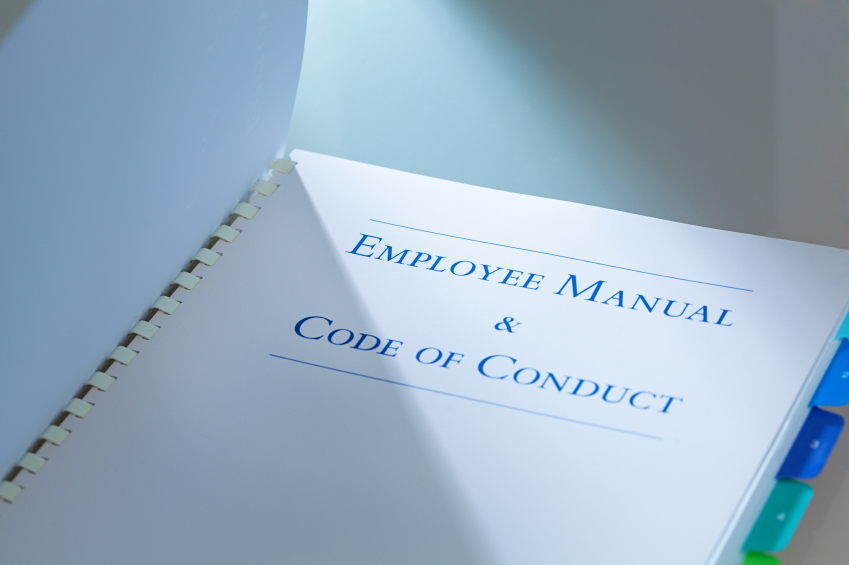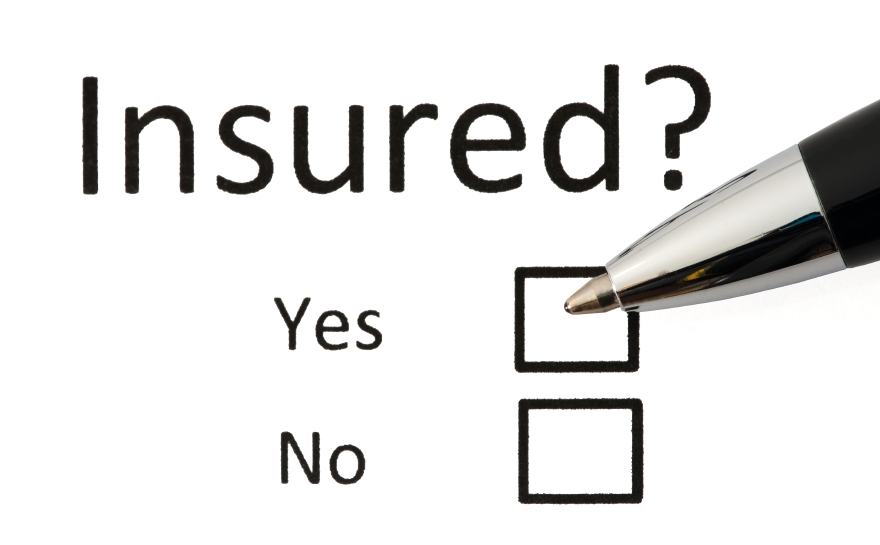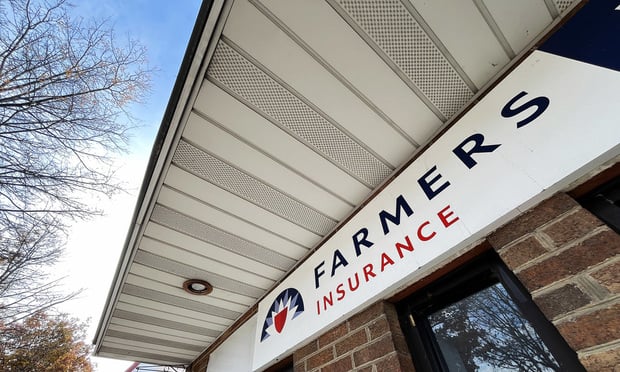The tradition of volunteering has a long history in the United States.
At all education and economic levels, Americans give of their time, talent and treasure. According to the U.S. Bureau of Labor Statistics, about 62.6 million people volunteered through or for an organization at least once between September 2014 and September 2015.
It’s become common for senior executives and their spouses to join nonprofit boards, especially when they retire as a way to continue to use the managerial skills that they’ve honed over the years.
While lawsuits against directors and officers of nonprofit corporations are brought less often than those against their for-profit counterparts, the cost of defending a Directors & Officers (D&O) liability claim can be substantial and disruptive to the day-to-day operations of any business, explains Joseph P. Monteleone in the “Directors and Officers Liability: Exposures, Risk Management and Coverage Guide (2nd Edition).”
In some respects, directors and officers may be at a greater risk of liability in a nonprofit organization than they would be in a for-profit corporation, as many nonprofits have smaller budgets, fewer personnel performing more functions, and often, less formal policies and procedures in place to protect them against claims. Consequently, many nonprofit entities may have a significant need for D&O insurance, just as for-profit entities do.
If you’re planning to join the board of a nonprofit, here are nine tips from Thomas Herendeen, RPLU, nonprofit D&O product manager at Travelers Bond & Specialty Insurance, on what questions to ask and information to learn before you volunteer:

(Photo: iStock)
|1. What is the nonprofit's mission?
It’s important to understand the main objective of the nonprofit and how the group carries out its mission, Herendeen says.
It’s also important to understand what is considered to be a conflict of interest rendering participation on the board impossible.

(Photo: iStock)
|2. What is expected of you as a board member?
Learn what other board members will expect of you, for example:
- |
- Are there specific governance responsibilities?
- What is the time commitment and how many meetings does the nonprofit hold?
- Are you expected to fundraise on behalf of the group?

(Photo: iStock)
|3. Who else sits on the board of directors?
- |
- Who chairs the board? It’s a good idea to meet with the chairman or chairwoman before committing to the board.
- Has there been any turnover in the past 24 months?
- Consider the chairman or chairwoman’s leadership style, and whether the board is committed to effective governance.

(Photo: iStock)
|4. Does the organization have employees?
- |
- If so, does the organization have an employee handbook and other written employment policies and procedures?
- Is training provided to managers and employees to ensure they are compliant with employment laws?
- What are the salaries of the organization’s senior leadership, and are their salaries reasonable?
- Are personnel decisions centralized and made by human resources professionals?
- Is there a whistleblower policy in effect so that employees can report suspected wrongdoing or conflicts of interest without fear of retribution?

(Photo: iStock)
|5. Attend a board meeting before you commit
When you attend a board meeting, you’ll get a feel for how well the board members interact and whether there are members who are only there for the prestige, not for the cause.
There are many volunteer organizations in which the board members are all dedicated to the organization’s underlying mission and work collaboratively while others are run by a few strong personalities with the rest of the board just going along.
You also should consider speaking with a current board member privately to better understand the leadership style, Herendeen advises, and whether it’s something you want to commit to.

(Photo: iStock)
|6. Review reporting and corporate governance documents
- Budgets, employee salaries and resource allocation are a few of the financial reporting documents that you will want to review before committing.
- Consider the percent of funds used to cover administrative costs as compared to funds dedicated to the organization’s mission.
- Are up-to-date and complete board meeting minutes and other records maintained? This could help in the event of a dispute down the line.

(Photo: iStock)
|7. Understand the bylaws
Two important questions to ask are
- Do the bylaws provide indemnification to the board members to the fullest extent permitted under the law?
- Do the bylaws provide for the advancement of defense expenses?

(Photo: iStock)
|8. Are there pending or past lawsuits or regulatory investigations?
- Have there been recent auditing issues or internal disagreements that could influence your decision on joining the board?
- Has there been negative attention in the media or negative ratings/reviews on any charity evaluation websites?

(Photo: iStock)
|9. Does the organization carry Directors & Officers liability insurance?
- It’s important to understand the scope of coverage and limits of liability provided — that is, what the self-insured retention of the policy is — to make sure you’re protected.
- Other questions to consider are the financial rating of the carrier and whether the carrier offers risk management tools.
By following these nine tips, you can volunteer to be on the board of your favorite nonprofit without worry about D&O liability.
Want to continue reading?
Become a Free PropertyCasualty360 Digital Reader
Your access to unlimited PropertyCasualty360 content isn’t changing.
Once you are an ALM digital member, you’ll receive:
- Breaking insurance news and analysis, on-site and via our newsletters and custom alerts
- Weekly Insurance Speak podcast featuring exclusive interviews with industry leaders
- Educational webcasts, white papers, and ebooks from industry thought leaders
- Critical converage of the employee benefits and financial advisory markets on our other ALM sites, BenefitsPRO and ThinkAdvisor
Already have an account? Sign In Now
© 2024 ALM Global, LLC, All Rights Reserved. Request academic re-use from www.copyright.com. All other uses, submit a request to [email protected]. For more information visit Asset & Logo Licensing.








